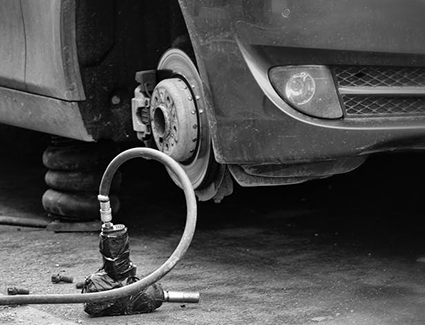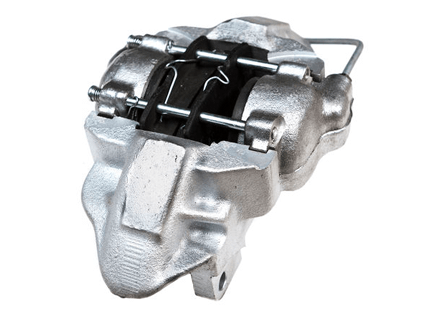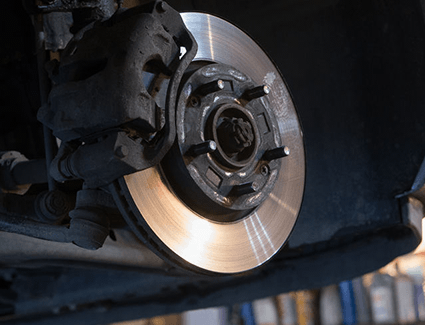How Do Car Brakes Work
How Car Brakes Work: 5 Critical Components of a Modern Car Brake System Explained at Archer Volkswagen

Let us take you on a tour of your braking system! We do tons of brake work here at the service department at Archer Volkswagen, because they're one of the most critical systems on any car. We'll show you around the system, its major components, and how they're all connected. So, the next time you're in need of brake service, you'll have a better idea of what's going on under the hood. This can help you make wise decisions for the health of your car when you consult with one of our service advisors. Don't trust something as important as the brakes on your car to just anyone! Trust the factory-trained experts at Archer VW instead.


5. The Brake Booster
The force of your foot pressing down on the brake pedal alone isn't enough to slow down your car. That's why, when you press on the pedal, the first thing that happens is vacuum pressure in the brake booster multiplies the force from your foot. How exactly it works is a little complicated, but, in short, it means you get tons of stopping power with just a gentle press of the brake pedal.
4. The Brake Master Cylinder
Your brakes may be located at the wheels, but the brake master cylinder and brake booster are under the hood -- so how do they operate your brakes from there? Fluid pressure! The brake booster applies the amplified force of pushing the brake pedal to the hydraulic brake fluid via the brake master cylinder. It's this crucial device that sends braking force to all four wheels when you press the single brake pedal.
3. The Brake Caliper
On most modern cars, you'll find disc style brakes at all four wheels. The caliper -- often painted bright red or yellow on sports cars to stand out from behind the wheel -- is what translates the pressure from the brake fluid into clamping force that creates friction and slows down your car. The more pistons a caliper has, the more force it can exert to stop your car.

2. The Brake Rotor
The brake rotor is a flat, metal disc that rotates (hence the name) along with each of your wheels. Your brakes themselves, however, are stationary. It's down onto the moving rotor that the brakes bite down to create friction and slow down your vehicle. For best performance, your rotors need to be perfectly straight and true with the wheels -- and if they're not, your car could start to shake and shudder under braking.
1. The Brake Pad
When you press the brake pedal, ultimately it's the calipers squeezing your brake pads against the rotors that stops your car. The brake pads are coated with a special high-friction material. This material helps slow down your car without damaging your brake rotors. However, that material wears away little by little each time you brake. Every 30,000 miles or so (depending on your unique driving situation), you'll need new brake pads, as the friction material will have worn out by then. Without it, you'll lose stopping power and might damage your rotors.



